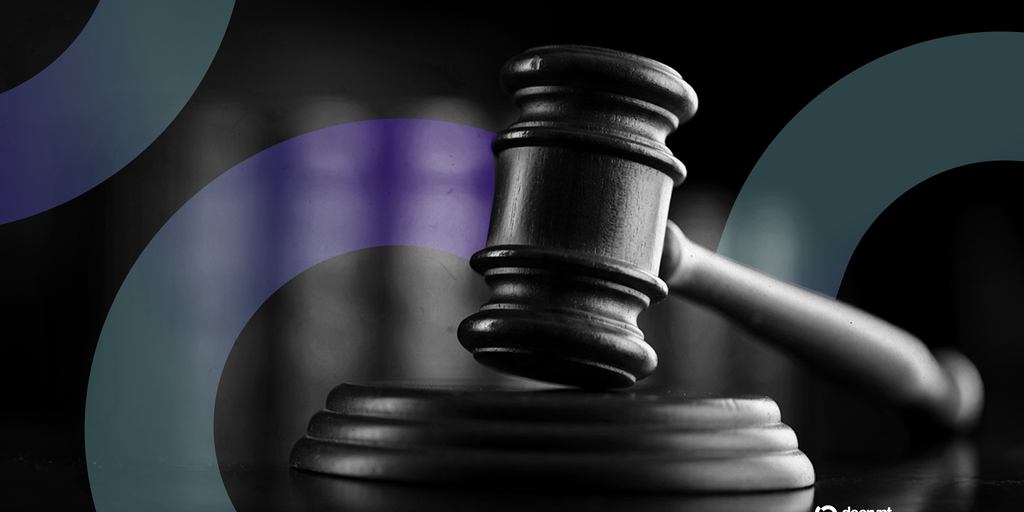A proposed budget bill aiming to advance blockchain technology in the Philippines is under scrutiny for potential risks of centralization and privatization.
Philippine Blockchain Budget Bill Risks Centralization and Privatization, Lawyers Warn
Estimated Reading Time: 5 minutes
Key Points of Interest
- Proposed budget bill aims to foster blockchain innovation in the Philippines.
- Concerns raised about centralization and privatization risks.
- The bill includes significant allocations for blockchain infrastructure.
- Legal ambiguities could allow monopolization by private corporations.
- Importance of balancing innovation with core blockchain principles emphasized.
Subtitle: Promoting Innovation or Risking Core Principles?
The Philippines is taking bold steps towards advancing blockchain technology integration through a proposed budget bill focused on fostering innovation in the sector. However, leading legal experts and blockchain advocates have raised concerns that the current draft opens doors to centralization and privatization, which could hinder the transparent and decentralized nature that lies at the core of blockchain.
The proposed legislation includes significant allocations toward blockchain infrastructure development, aiming to position the Philippines as a hub for emerging financial technologies in Southeast Asia. Proponents of the bill highlight its potential to attract foreign investments and catalyze growth in the cryptocurrency and digital asset industries, providing new opportunities for young entrepreneurs and tech-savvy professionals.
Critics, however, argue that particular provisions in the bill may concentrate power in selected private firms and government bodies, rather than encouraging the open, participative principles synonymous with blockchain technology. This move, they contend, risks converting decentralized platforms into centralized systems controlled by a few entities, undermining the technology's original purpose.
Prominent lawyers have pointed out ambiguities within the phrasing of the bill that could allow private corporations to monopolize key blockchain infrastructure and services. If left unaddressed, these loopholes may limit the market’s competitive landscape and disadvantage smaller players. They have also stressed that transparency needs to be at the heart of discussions surrounding these allocations to prevent misuse or excessive control by single entities.
The national government recognizes the rapid global adoption of blockchain, particularly its applications in financial services, supply chain logistics, and healthcare. While the intention behind the budget bill is positive, critics warn that proper safeguards are essential to prevent pitfalls. Discussions with tech leaders and legal practitioners about amendments could help strike a balance between promoting innovation and protecting fundamental blockchain principles.
As blockchain enthusiasts and professionals await further clarifications about the proposed bill, industry stakeholders hope that the legislation will reflect the collective ambition to embrace decentralization and collaborative growth. A future where the Philippines establishes itself as a blockchain powerhouse depends heavily on getting these foundational policies right.


